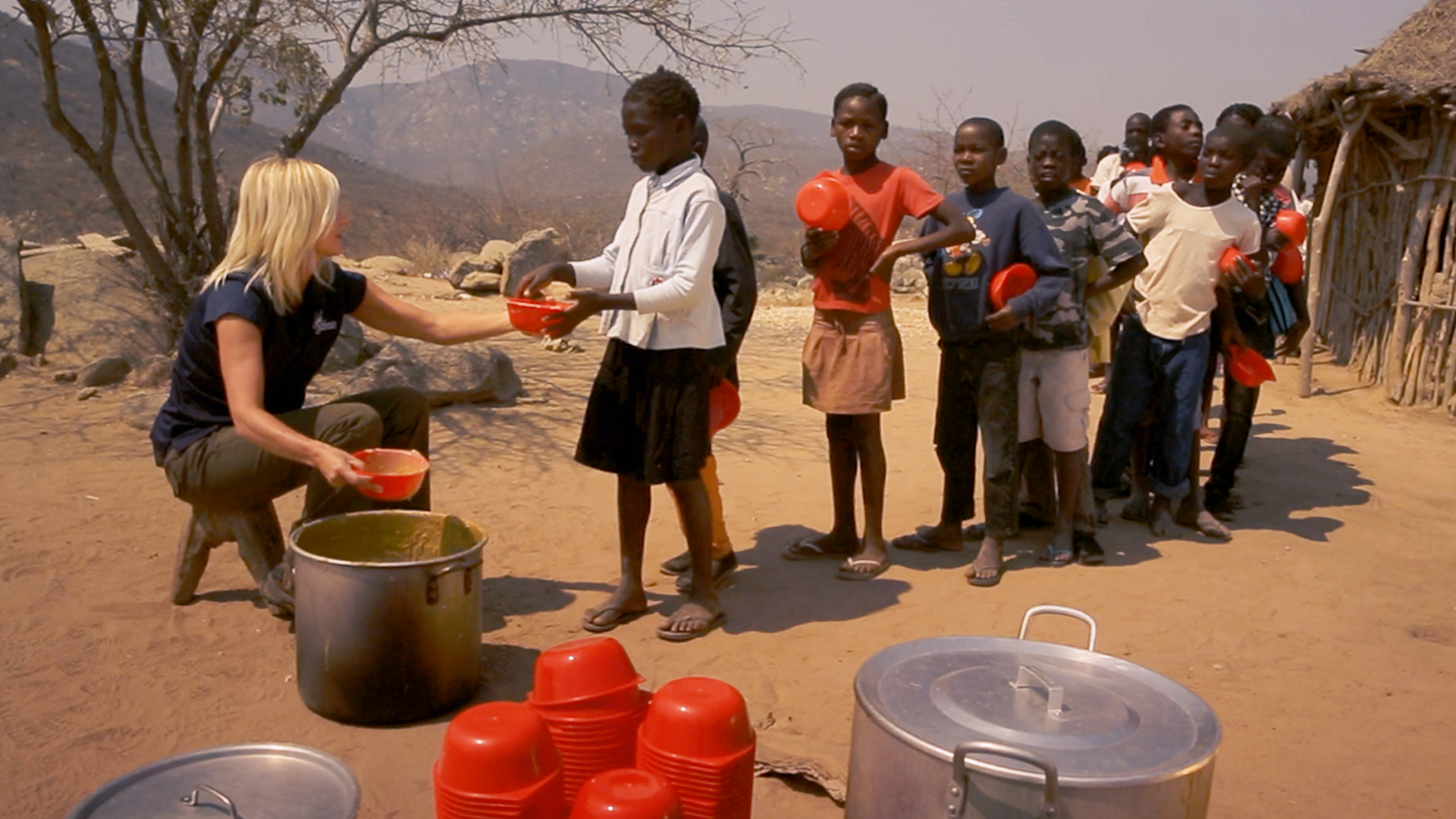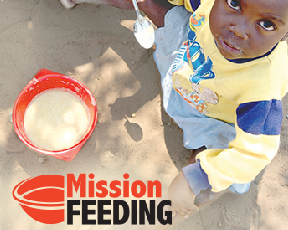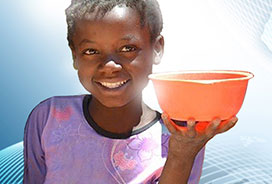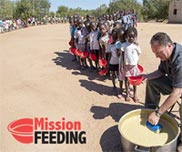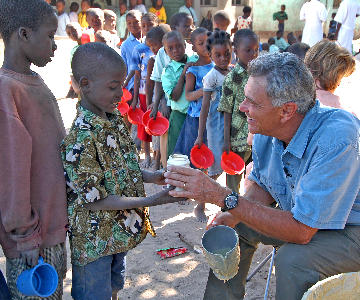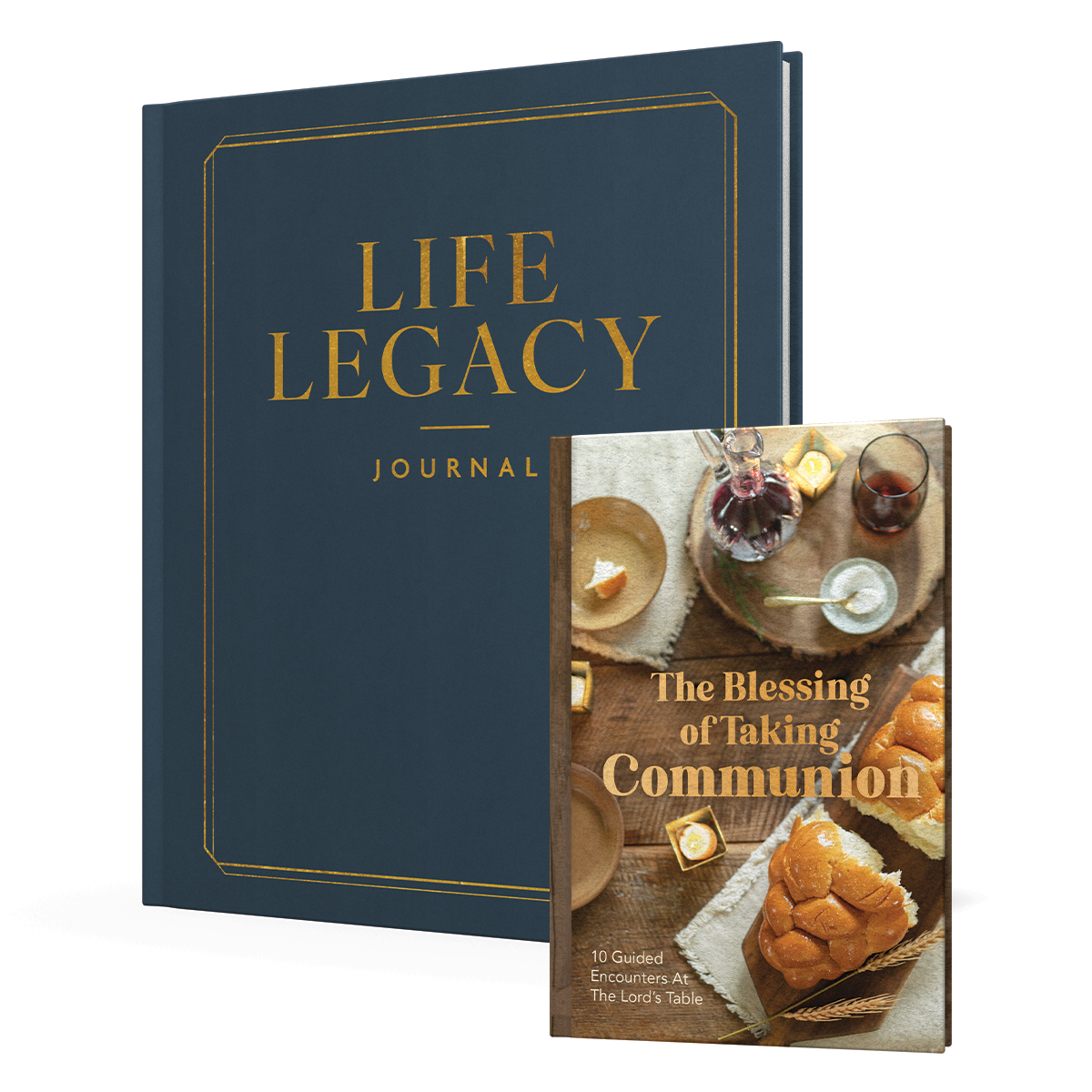When an emergency call is made, whoever gets to the scene of the accident first becomes what’s known as the first responder. As the first to arrive, their response will determine what happens next. They are the ones who decide how to proceed, which treatment to initiate, and what set of instructions should be given to the people who follow them to the scene. First responders, therefore, need to be well trained and equipped to manage any and every situation they may encounter. A poor response by the first to arrive can mean a poor end result for all those involved. Just as those who are responding to an emergency call will have to work on their reactions, we, too, need to become better at first response moments.
In our journeys with God, it’s often our initial responses that can propel us into the promises or hold us back from what’s ahead. The response we have in those moments either strengthens or weakens our management of the middle. First responders know how to pack for every eventuality. They would never leave home without the medical equipment they know may be essential for survival on the scene. First responders are trained to know what kind of response is required for each call. Once the signal is received, the sirens are switched on and all other priorities are shifted. In that moment, their first response is not fear at what they may face, but a sense of readiness to help in the way they have already been trained.
We need to take time before problems arise to pack some answers. We need to roll up our faith for first-response moments, and be armed with a ready yes to the opportunities we may be asked to embrace. We need to check to be sure our bags are packed with enough love and grace, compassion and courage, so that when those moments happen we don’t allow a wrong response to be the first on the scene. God wants to call our lives into new relationships and opportunities and take us into new territory, but on too many occasions our response can’t embrace the future – as it is so strongly fixed in the past. If our first response is negativity, cynicism, doubt, or disappointment, this will set the scene for our next action. We can end up retreating when we should be advancing, and we can remain the same when we actually have an opportunity to change.
When the apostle Timothy – Paul’s young student in the faith – was getting ready for the ministry, he was told by Paul in 2 Timothy 4:2, “Be prepared in season and out of season.” The concept of preparing is not a new one. So why is it that when we find ourselves in the middle seasons of our lives, we seem to be caught off guard when that sudden change comes? Or when the circumstances turn from helpful to harmful, or the challenge arises from seemingly nowhere? It seems we spend more time reacting than responding. These two words may seem similar in meaning, but they spring from a different starting point. Reactionary living is when you are playing catch-up to the changing situations around you. Responsive living is when you have grown an ability to choose a response that is immune from the situation’s pressure points.
Responsive people are responsible people; they are not swayed by the crowd or the circumstance. They have prepared their hearts and steadied their resolve. Reactionary living is like a roller coaster with twists and turns that you never expect. Responsive living anticipates the twists and has engaged a seat belt for the loop-the-loops. If in the middle you find your faith fails, your patience runs out, and you lose your peace, then you’ve likely not packed well for the journey. It’s a bit like going all the way to the airport and finding out you’ve forgotten your passport. It’s never good to go to the middle and find you’ve packed only enough grace for the shore. Paul knew there would be times when Timothy would be caught off guard – times when the ministry would take an expected turn, times when it would feel like spring, and times when he would need to be ready for the cold of winter. Timothy’s level of preparedness was going to arm him with the ability to respond rather than react. I have found that the responders more often than not outlast the reactors. If we can respond well in the middle, then we can arrive intact at the end. Our willingness to pack well now, when it’s calm, will ensure we endure well later in the storm.
If as the church we are called to help the world around us, then we have to learn how to do better in our responses. I wonder if the church has packed enough love, grace, wisdom, peace, and prayer today for the places they may end up tomorrow. If the church can’t help the world “in season and out,” who will? When we hear of injustice, have we already packed a response to bring justice? When the world faces trials, have we prepacked testimonies that have the power to overcome? We are called to be first responders to the world’s needs, so we’d better start checking our bags and making sure we are packing well.
Charlotte Gambill appears this Monday on LIFE TODAY. Taken from The Miracle in the Middle by Charlotte Gambill. Copyright ©2015 by Charlotte Gambill. Used by permission of Thomas Nelson, www.thomasnelson.com.

